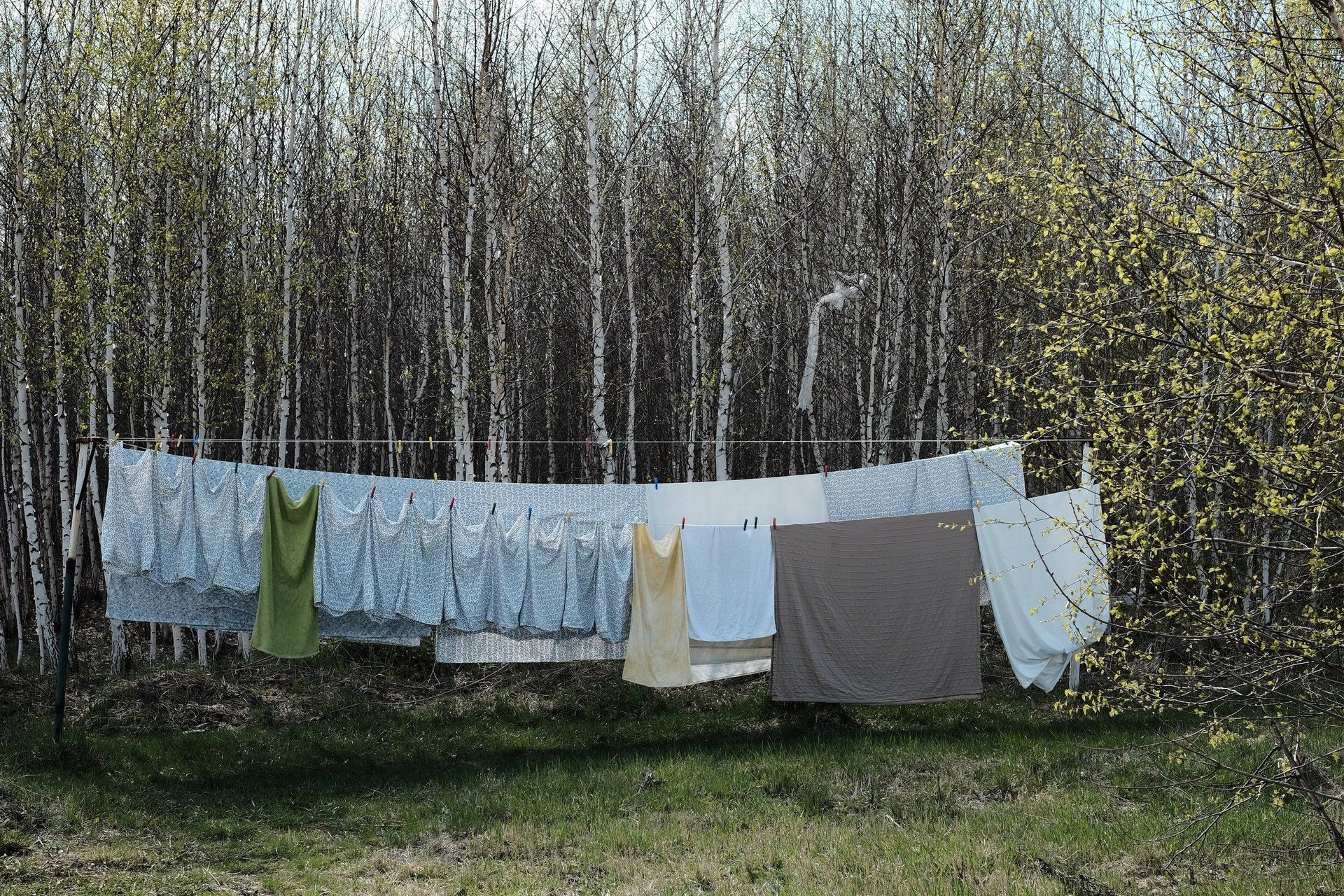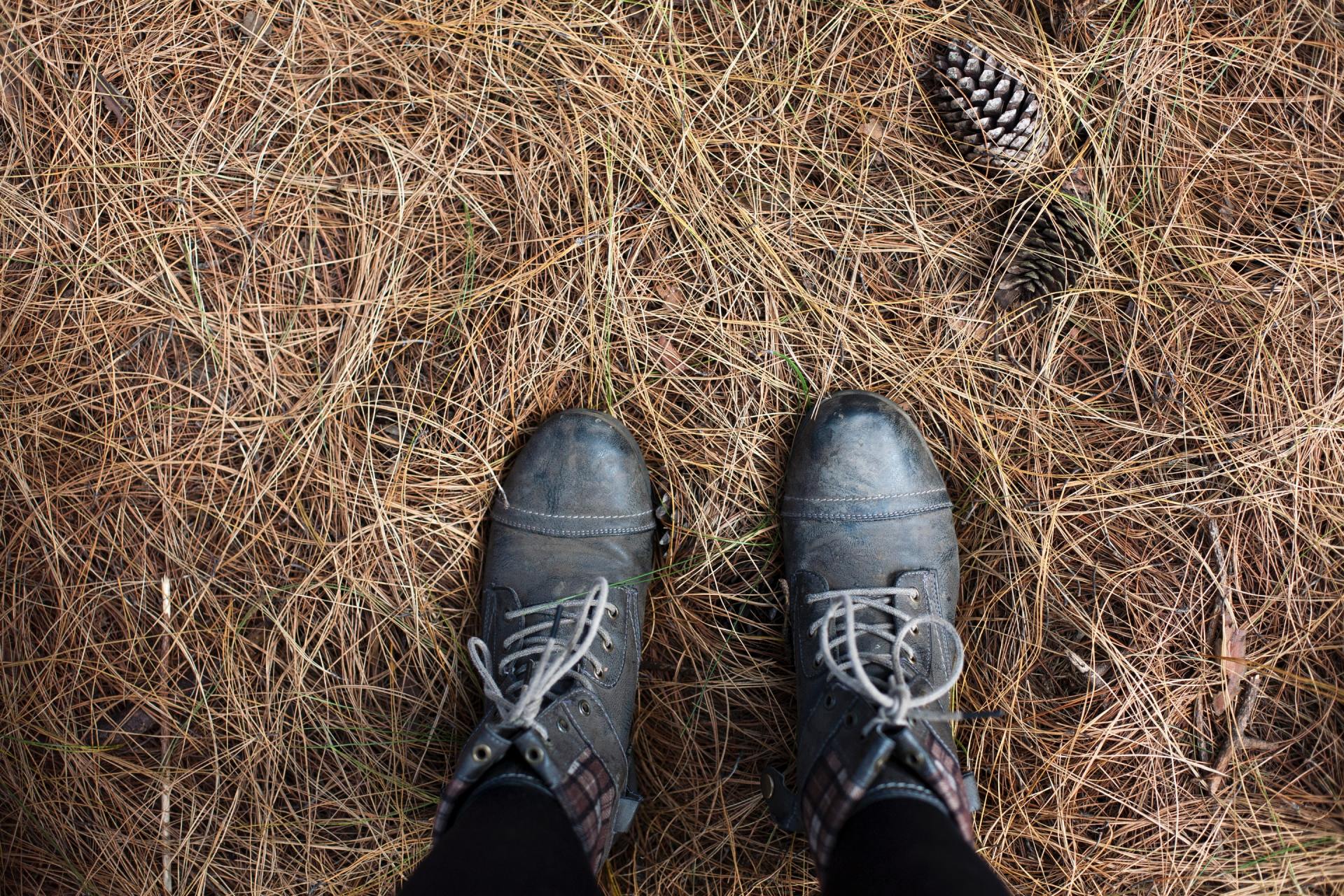Along The Way
Attention, Intention, Practices
Every day
I see or I hear
Something
That more or less
Kills me
With delight
That leaves me
Like a needle
In the haystack
Of light.
It is what I was born for –
To look, to listen
To lose myself
Inside this soft world –
To instruct myself
Over and over
In joy,
And Acclamation.
~Mary Oliver, from the Poem “Mindful”, in Devotions , p. 173
Waking up each morning and asking oneself, “How am I going to get through the day?” is no way to live. Going to bed each evening and thinking, “My, I am glad I got through that!” is no way to live. “I can’t wait to get to retirement”, wastes each hour, day, month, and year until that fortuitous day.
The trick, perhaps, is to enjoy the walk along the way.
If one looks up the question, “How many people die after retirement?” on Google, answers range as studies show this or that about the effect of retirement on life span.
The answer to the question, “How many people die after
retirement?”, of course, is “Everyone”.
Everyone will die after retirement. Perhaps a better question is, “How many people will live, really live, after retirement?”, with the complementary question, “How many people will live, really live, prior to retirement?”
That is, how many folks will “see or hear something that more or less kills me with delight”, most every day as Mary Oliver so simply expresses?
It takes attention and intention, leading to daily practice.
Attention comes from noticing. Why do we love an author, a poet like Mary Oliver, a photographer, or an artist? Many times it is because they have paid attention to what we have overlooked along the way. They pay attention to how the drops of milk soak into a newly washed shirt, and how the shirt smells after the milk has curdled, and then to the ambivalent reaction of the mother when the lad tells her he forgot to close the the bottle tightly and the way she scrunches up the shirt and tosses it into the basket, and not just any basket but the basket Grandma used when she was washing clothes the day she died that day, yes during the hottest day in Smithtown’s history, yes that day, when Pop tripped and spilled a whole bucket of milk all over the wash drying on the line just outside the backdoor (“I knew he’d do something empty-headed like that one day. Pop just stopped caring after, well, after Mop took off with Jesse. Pop and Mop. Broke his heart. Tripped over his heart that day, not anything else.”). And how Grandma keeled over that boiling summer afternoon trying to get the milk out of all that laundry before it dried.
Mary Oliver can write about what kills her with delight each day because she isn’t thinking about the next thing she has to do, but what is right there before her along the way.
The photographer's image, poet's poem, novelist's novel, or artist's painting tells a story or evokes a story or is a portal to something meaningful beyond the work itself.
It takes intention to pay attention, to notice. To stop. To wait for the unfurling of the morning light reflecting off the hard November frost. To have patience when every distractive bill-to-be-paid, morning news item, meeting-coming-up-with-the-new-boss, doctor’s appointment, wants every bit of your attention elsewhere, and to instead empty the mind of everything that is not immediate.
After a while that intention and attention becomes a practice , the practice of being present not only the day after retirement or “Whew-that-big-event-is-over-now-I-can-relax”, but for each step along the way.
So maybe it's not needing to find that needle in a haystack. Maybe it's keeping hold of that thread that leads to something deeper. Maybe, just maybe, it's being the "needle in the haystack of light", seeking oneself and, being found, realizing that the light is all around. All the time.
All along the way.
Reference:
Oliver, M. (2017). Devotions: the selected poems of Mary Oliver . New York, Penguin Press.












